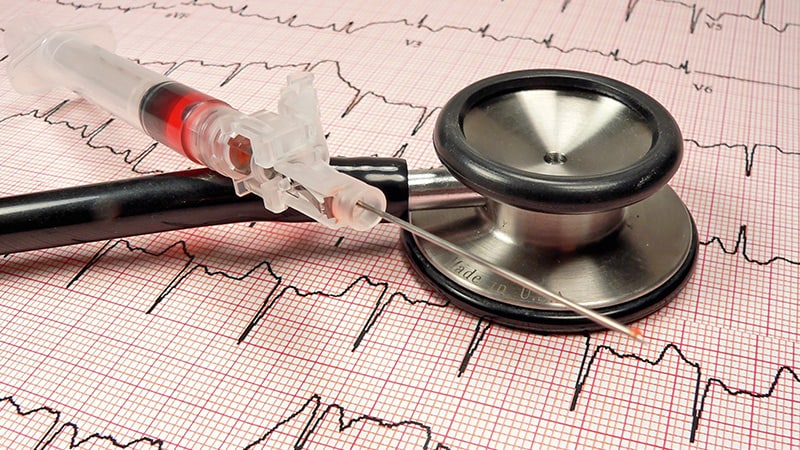A majority of U.S. adults say the country’s health care system is not handled well, according to a new poll from The Associated Press-NORC Center for Public Affairs Research.
Public satisfaction with the U.S. health care system has dropped to low levels. About 12% of adults say health care is handled “very or extremely well,” and 32% say it is generally handled “somewhat well.”
“Navigating the American health care system is exceedingly frustrating,” A. Mark Fendrick, director of the University of Michigan’s Center for Value-Based Insurance Design, told the AP.
“The COVID pandemic has only made it worse,” he said.
About two-thirds of the poll respondents supported the federal government’s role in the COVID-19 pandemic and said the investments in tests, treatments, and vaccines were good. Older adults and Democrats were even more supportive, though younger adults and Republicans were also generally supportive of these efforts.
At the same time, nearly 8 in 10 poll participants said they are at least “moderately concerned” about getting access to quality health care when they need it. More specifically, Black and Hispanic adults expressed major concerns, with 6 in 10 saying they were “very or extremely concerned” about receiving good care, as compared with 44% of white adults.
About 53% of women said they were very or extremely concerned about obtaining high quality care, as compared with 42% of men.
The poll participants also gave low scores for prescription drug costs, the quality of care at nursing homes, and the handling of mental health care in the country. About 6% of adults said those health services are done well in the country.
In terms of solutions to fix the health care system, Americans voiced support for some programs yet disagreed about others.
About half of the poll participants supported a greater government role in health care for older adults. They said Medicare and Medicaid should pay for ongoing living assistance for older adults, along with private insurers. There was also bipartisan support for several policies to pay for the costs of long-term care and caregiving.
About 75% of adults said they favor long-term care coverage through Medicare Advantage or supplemental insurance. About two-thirds support a government-administered long-term care insurance program, government funding for low-income people to receive long-term care at home, or a Social Security earnings credit for providing care to a loved one.
Expanding Medicare coverage for certain services was overwhelmingly popular across different ages, racial and ethnic groups, and party identifications. More than 8 in 10 adults said Medicare should be expanded to cover dental care, eye exams, hearing aids, and long-term care.
Beyond that, about 66% of respondents said the federal government should ensure all Americans have health care coverage. Adults between ages 18 to 49 were more likely than those over age 50 to express that view. As compared with previous AP-NORC polls, the overall percentage that supports the federal government’s role in health care has risen in recent years, up from 57% in 2019 and 52% in 2017.
About 40% of adults supported a single-payer health care system that would require people to obtain their health insurance from a government plan, and 58% said they would support a new government health insurance plan that anyone could purchase. About two-thirds said Americans should pay less for their health care, even if it means paying more in taxes.
The poll, conducted between July 28 and Aug. 1, included interviews with 1,500 adults nationwide.
SOURCES:
The Associated Press-NORC Center for Public Affairs Research: “Support for greater government role in health care for older adults.”
The Associated Press: “Americans give health care system failing mark: AP-NORC poll.”
Source: Read Full Article
